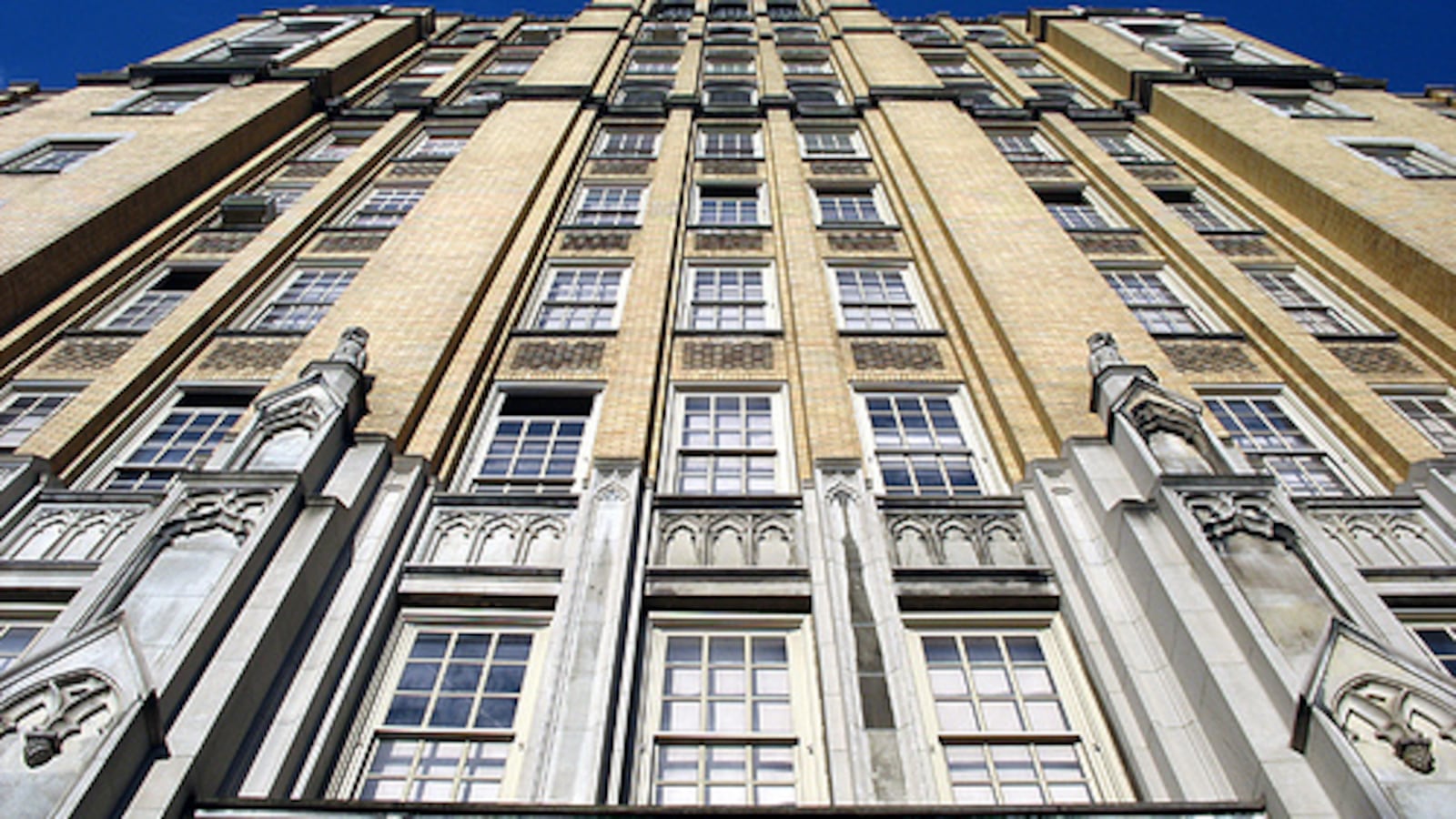After some Asian parents filed a lawsuit challenging efforts to integrate the city’s specialized high schools, a coalition of heavy-hitting civil rights organizations is asking to join the legal battle in order to “vigorously” defend the city’s recent admissions changes.
The groups are asking to intervene on behalf of black and Hispanic students, as well as organizations representing teen integration advocates and people from low-income South Asian families.
That’s according to a request to the judge on the case filed Friday morning by the NAACP Legal Defense and Educational Fund, the New York Civil Liberties Union, the American Civil Liberties Union, and LatinoJustice PRLDEF.
“There’s a missing slice of the story without our clients involved and we want to make sure that the court has the benefit of their perspective,” said Rachel Kleinman, senior council for LDF.
Black and Hispanic students represent less than 11 percent of enrollment in the specialized schools, but almost 70 percent of public school students citywide.
The city faces a lawsuit from Asian parents who say recent admissions changes to the specialized high schools discriminate against their children, who currently make up a majority of enrollment in the schools. They are represented by the Pacific Legal Foundation. Joshua Thompson , a senior attorney for the foundation, said they oppose the request by the civil rights groups.
“Adding new parties will needlessly delay the litigation, potentially hurting the students who apply to New York’s specialized high schools next year,” he said in an emailed statement.
The civil rights groups want to join the city’s defense, representing Teens Take Charge, a student-led advocacy group, the Hispanic Federation, and Desis Rising Up and Moving (DRUM), which represents low-income people from South Asian — a constituency often shut-out from the specialized schools. Also represented: black and Hispanic students who were not admitted to the schools, and one student who currently attends Brooklyn Technical, one of the city’s top specialized schools.
The legal development comes just a week after a new round of admissions offers for the specialized high schools showed the number of black and Hispanic students remains virtually unchanged — sparking a national outcry. The number of black students receiving an offer to the most competitive school, Stuyvesant, actually decreased to just seven out of almost 900.
“It once again shows how important it is that some major change takes place with respect to the admissions process, and we should be encouraging the city to take these small steps and pressuring them to take much larger ones,” Kleinman said.
Read the legal filing below.


